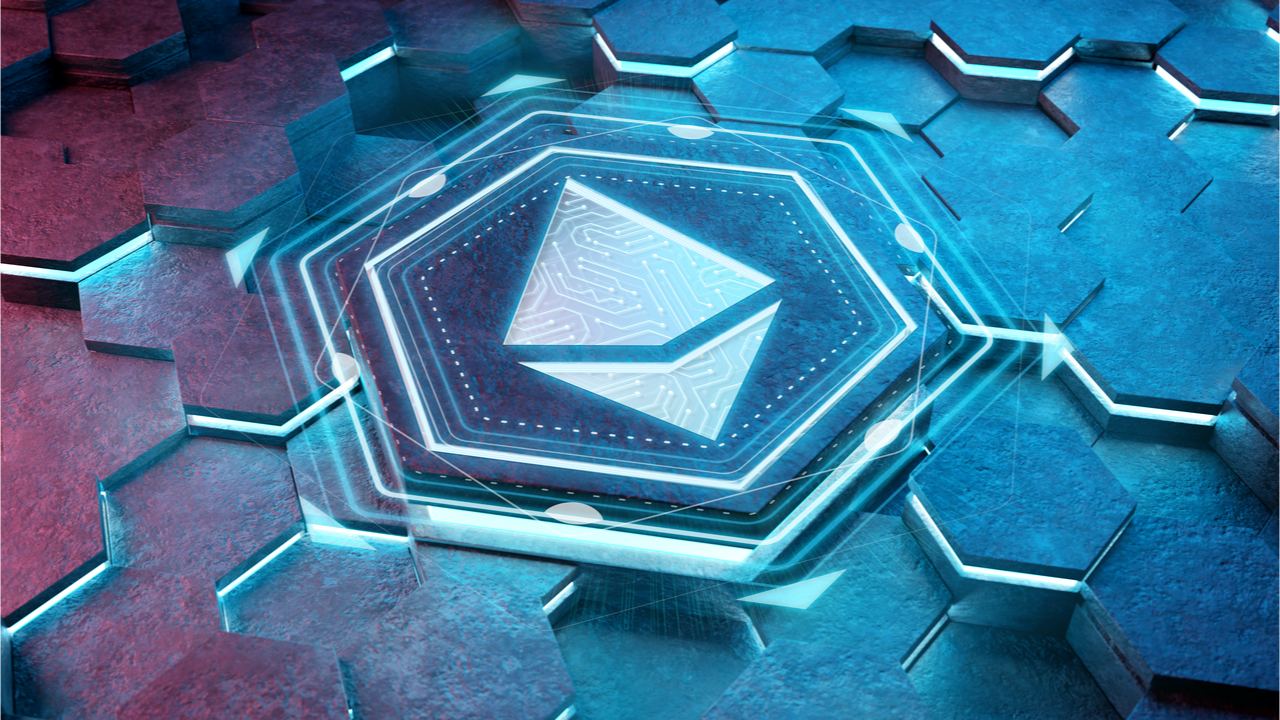
REVV motorsports ecosystem shifts to Polygon due to Ethereum gas fees
F1 Delta Time will be the first title deployed on the layer-two network to alleviate the problem. The publisher of F1 Delta Time, Animoca Brands, announced a partnership with Ethereum layer-two solution, Polygon, on Feb. 18.Under the partnership, the entirety of the REVV token motorsport ecosystem will be deployed on the Polygon network, starting with the aforementioned F1 Delta Time.This will ensure that players are not hampered by excessive gas fees on the Ethereum blockchain. High gas fees can cripple blockchain-based games, as many in-game actions require performing a transaction to....
Related News
The NFT and Metaverse investment firm plans to continue building out its REVV Motorsport ecosystem with a Metaverse-first approach. Gaming and venture capital firm Animoca Brands has completed its landmark acquisition of Eden Games, publishers of the Gear.Club, Test Drive series, and other popular racing games.Eden Games is a France-based firm that was founded in 1998. Engine Gaming and Media sold its 96% stake in the company to Animoca for $15.3 million on April 7.With the acquisition, Animoca plans to enhance its REVV Motorsport (REVV) ecosystem by taking a “Metaverse first approach” to....
NFT-powered racing game F1 Delta Time has auctioned off a segment of an in-game track for $222,000. A segment of a race track in F1 Delta Time, a non-fungible token-powered motorsports game from Animoca Brands, has been auctioned off for more than 9 million of the company’s REVV tokens, worth approximately $222,000. Animoca says it’s a record price for an in-game NFT.The token, “Formula 1 Grand Prix de Monaco 2020 1A” was auctioned on NFT marketplace Open Sea, with bidding taking place from Nov. 29 until Dec. 2. The token offers its owner an "Apex” share in the game’s Circuit de Monaco....
To do anything on Polygon, you'll need MATIC, which isn't always easy to come by from other networks' DEXes. Bridging assets could help solve issues like scalability, speed and high fees. Bridging means users can move their tokens between blockchain networks quickly and cost-effectively.The Polygon Bridge is used for cross-chain transactions between the Polygon (MATIC) and Ethereum (ETH) blockchains. It allows users to transfer ERC tokens and NFTs to the Polygon sidechain through smart contracts.This guide will show you how to bridge Polygon with other blockchains. However, given that....
Ethereum’s average network fees have dropped to the lowest value in 30 days at 0.0096 ether or $24.64 per transaction. Median-sized ethereum fees are lower today as well, as fees are between $8.37 to $10.82 per transaction as ether fees haven’t been this low since January 1.
Onchain Ethereum Fees Drop, Current Bitcoin Fees 91% Cheaper Than Ethereum Fees
It’s cheaper today to send ethereum (ETH), as network fees are 0.0096 ETH or $24.64 on average to send the second leading crypto asset. On January 30, 2022, ethereum has a 24-hour price range of around....
Polygon has launched a subdivision called Polygon Studios, and has set up a $100 million fund for NFT gaming projects. Polygon Launches Subdivision With The Aim To Grow NFT Gaming Originally created with the aim of providing a framework for building and connecting Ethereum networks, the Polygon platform has spread its ecosystem wide. Now, Polygon […]





